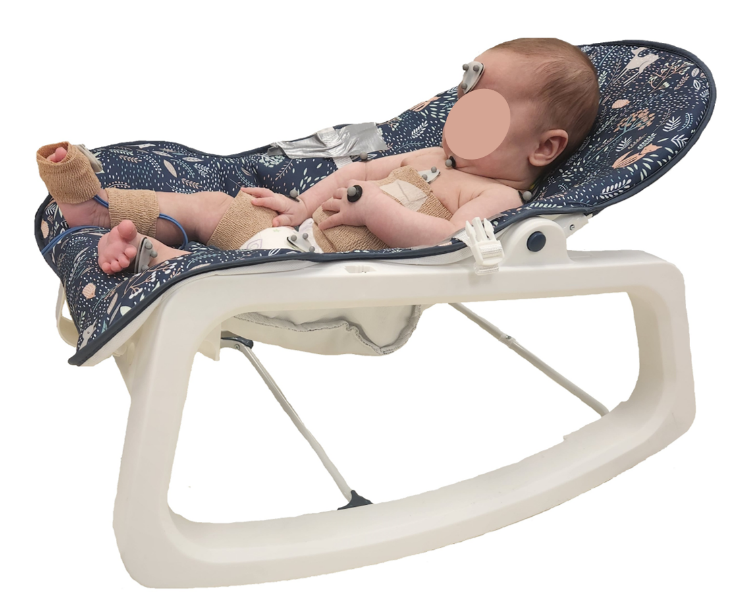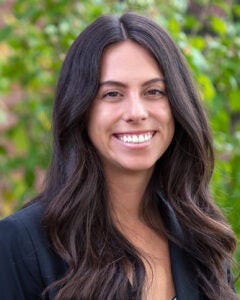Development and Validation of an Improved Sagittal Plane Device for Infant Product Safety Testing

Thursday, October 19 @ 7:30 AM in MEC 301
Research Advisor: Dr. Erin Mannen
Abstract
Infants need constant care and support through the first year of life. To minimize the burden of constant attending, caregivers frequently use commercial infant products to enable them to carry out daily tasks without holding the baby. An estimated 11,500 infant injuries involving nursery products were treated in emergency rooms in 2021, and 58 deaths were reported in some seated nursery products between 2017 and 2019. Head-neck flexion or hyperextension and trunk flexion negatively influence normal breathing and can contribute to positional asphyxia in infants. The body position of infants lying within seated products is an important consideration for safety. Thus, the purpose of this study was to develop an improved testing device that can be easily manufactured, is simple to use, and is validated with human subjects’ data to provide valuable body position information to infant product designers and manufacturers.
First, we developed two anthropometry-based devices to measure the body position of infants in seated products. The newly developed device and three existing devices were used to measure the head-neck, trunk, and torso-pelvis flexion angles in four seated products. Second, a motion capture data collection was conducted to evaluate the body position of thirteen infants in the same four seated products. An analysis of the testing device compared to the human subjects data was completed to evaluate the accuracy of each of the devices in measuring infant body position. This work is the first to analyze a test-lab-style device that could easily be manufactured and implemented into product testing regulations compared to in vivo human subjects data.
About the presenter

Sarah Goldrod graduated from Boise State University with a Bachelor of Science degree in Mechanical Engineering with an emphasis in Biomedical Engineering. Currently, she is pursuing a Master of Science degree in Mechanical Engineering. She joined the BABI Lab team in the Fall of 2020 and enjoys working with this team because they are supportive and willing to share knowledge about their research and other life experiences. Outside of the lab and schoolwork, Sarah loves trying new restaurants and anything outdoors.